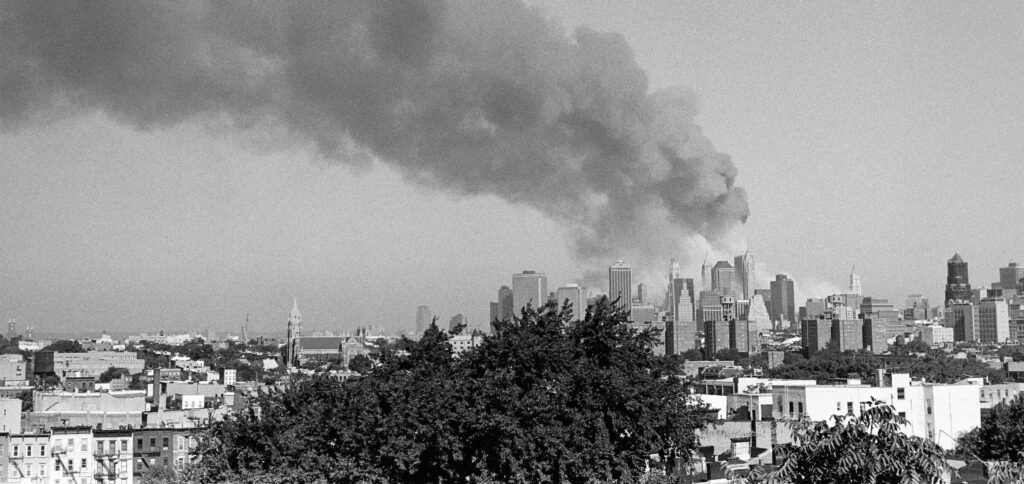What does Brazilian legislation say?
Legal definition
Since 2016, Brazil has had the Anti-Terrorism Law. Also known as 13.260 Law, the legislation indicates that “terrorism consists of the practice by one or more individuals for reasons of xenophobia, discrimination or prejudice based on race, color, ethnicity and religion, when committed with the purpose of provoking social or generalized terror, exposing people, property to danger. , public peace or public safety [integrity].
ADVERTISING
It is worth highlighting that the Brazilian standard defines what is terrorismaccording to motivation of acts. In this sense, acts of terrorism, according to the law, occur “for reasons of xenophobia, discrimination or prejudice based on race, color, ethnicity and religion”.
Brazilian legislation was discussed in the context of the Olympic Games in Rio, as a reaction to the risk of possible attacks in the country.
Acts of terrorism
According to the standard, they are considered acts of terrorism:
- Use or threaten to use, transport, store, carry or bring with you explosives, toxic gases, poisons, biological, chemical, nuclear contents or other means capable of causing damage or promoting mass destruction;
- Sabotage the operation or take over, with violence, a serious threat to a person or using cybernetic mechanisms, total or partial control, even if temporarily, of a means of communication or transport, of ports, airports, railway stations or bus stations, hospitals, nursing homes, schools, sports stadiums, public facilities or places where essential public services operate, power generation or transmission facilities, military facilities, oil and gas exploration, refining and processing facilities and banking institutions and its service network;
- Attacking the life or physical integrity of a person.
What are the penalties?
A Brazilian legislation determines the sentence of imprisonment, from 12 to 30 years, in addition to the sanctions corresponding to the threat or violence. There is also a provision for a prison sentence of 5 to 8 years, in addition to a fine, for the act of promoting, establishing, integrating or providing assistance to a terrorist organization.
ADVERTISING
Are political demonstrations terrorist?
The definition of terrorism “does not apply to the individual or collective conduct of people in political demonstrations, social, union, religious, class or professional movements”, according to Brazilian law.
Claiming acts, to “contest, criticize, protest or support, with the aim of defending constitutional rights, guarantees and freedoms” are not classified as terrorism.
This video, made before the publication of the Anti-Terrorism Law, explains how and why it was designed (I.e.:
ADVERTISING
See this video too, produced by FGV in 2019. It explains that the anti-terrorism law in Brazil was a consequence of international pressure ⤵️:
Read also

Receive news and newsletters do Curto News by Telegram e WhatsApp.
Click here and download the app Curto News for Android.
ADVERTISING







